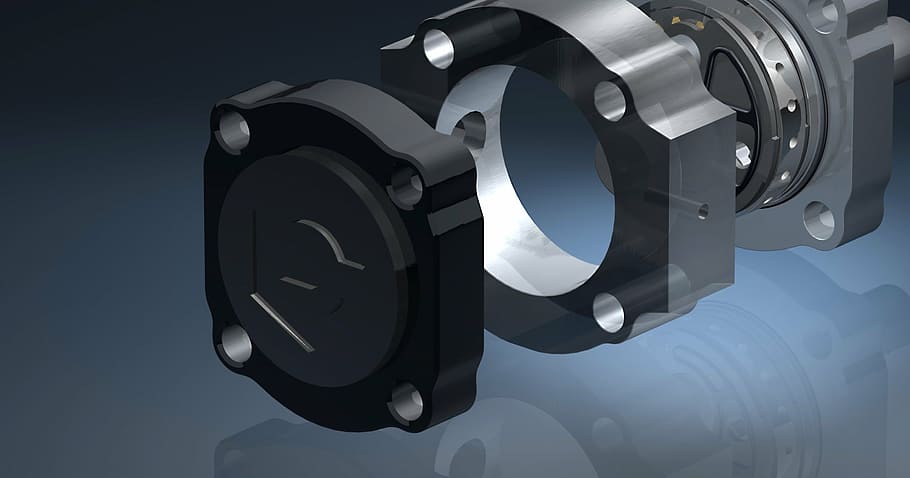As makers and users of hydraulic tools, we know first-hand the importance that proper hydraulic fluid consistency and purity can have on improving the performance and longevity of a tool.
However, with so many different types of hydraulic oils on the market, selecting the right type for your tool and task can be rather confusing. This article is meant as a basic introduction to different factors that make a difference when selecting hydraulic oils. You can also get the best hydraulic press repair service through various online sources.

Image Source: Google
The basics of a hydraulic system are always the same – a closed system that contains incompressible fluid, which is used to transmit force from one part of the system to another. However, hydraulics are used in many different applications – brakes, industrial presses, power tools, and lifts. These applications have varying demands when it comes to speed, temperature, pressure, and sometimes, electrical properties.
Viscosity: Perhaps the most important parameter in selecting a fluid is viscosity. A major selling point of fluid over pneumatics is that, unlike air, the fluid acts as its own lubricant. However, in order to get that effect, you need to.
Pistons and other moving parts in hydraulic devices have a very thin gap between parts, and the hydraulic fluid creates a film that smoothes the motion. The wrong kind of fluid may create problems – for instance, lighter oil may be more susceptible to foaming under high speed or pressure.
Temperature: It's very important to keep in mind the temperature that the oil will be subjected to. One of the advantages of hydraulics over compressed air is that, unlike air, fluids have a high-temperature capacity and can help dissipate heat as well as transfer power.
The downside of this is that, if the fluid gets too hot, it can boil and create pockets of vapor in the system, causing system failure. This is a major issue in automobile brake systems, which is why brake oil is required to have a very high boiling point (and is also a chief reason why large vehicles such as tractor-trailers use compressed air brakes).
Other substances may include esters or glycols (the latter of which are also often used as coolant fluids in major devices such as ice rinks).
However, recently, many makers have begun manufacturing lines of biodegradable and environmentally-friendly hydraulic oils derived from vegetable oils such as Canola. These are especially popular in agriculture and other applications where a ruptured pressure line may contaminate ecosystems or the human food supply.
